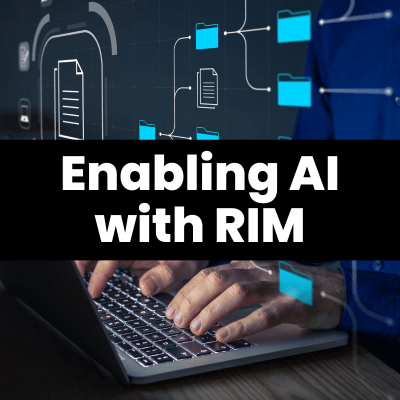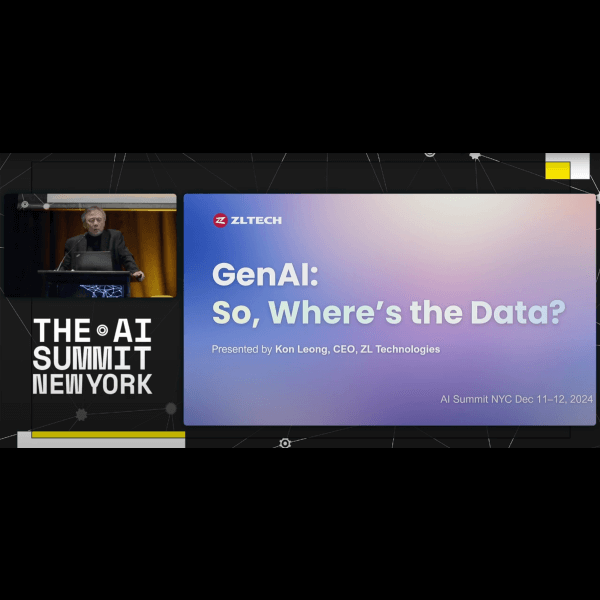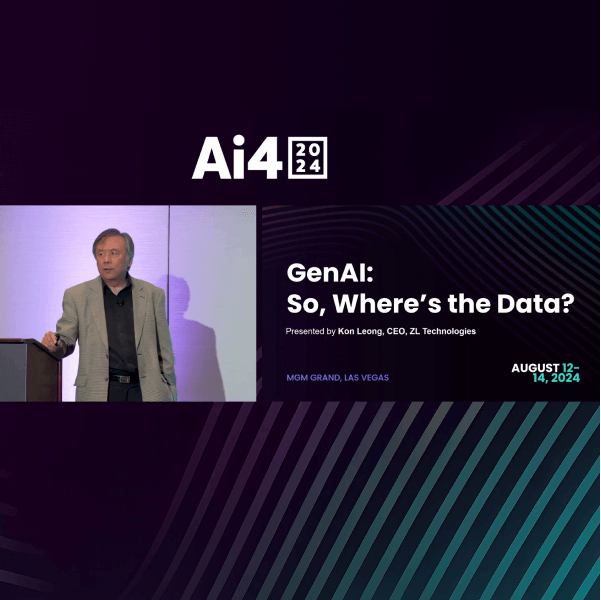The European Union's (EU) recent approval of the Artificial Intelligence (AI) Act marks a significant milestone in the regulation of AI. Set to come into force in the next two years, this legislation imposes stringent requirements on companies operating within the EU or impacting EU citizens worldwide.
Compliance with the EU AI Act is not only essential for legal adherence but also for fostering trust, transparency, and accountability in AI development and deployment. Here are the key requirements of the EU AI Act.
The EU AI Act
The implementation of the EU AI Act poses several challenges for large companies, particularly those heavily reliant on AI technology:
- Compliance with the EU AI Act will require companies to conduct thorough assessments, identify high-risk systems, and align practices with the act's provisions. This will potentially necessitate organizational restructuring.
- The EU AI Act emphasizes transparency, accountability, and human oversight. Implementing these will require significant technology investments, training, and culture changes.
- The act emphasizes risk management and data governance for AI systems' reliability and safety throughout their lifecycle. Companies will require resilient IT systems, streamlined documentation, and rigorous testing protocols.
- The AI supply chain security and policymaking engagement pose significant challenges. To overcome this active collaboration and communication across organizational boundaries to ensure vendor compliance and effective oversight will become necessary.
Overall, to navigate the EU AI Act, the C-suite executives will have to prioritize responsible compliance initiatives to thrive in the complex regulatory landscape with a robust solution.
The Solution
The ZL platform is poised to play a critical role in helping businesses prepare for the new EU AI Act by “making enterprise data AI-ready”. Here's how:
- Comprehensive Data Access: ZL Platform enables organizations to search and cull data across the entire enterprise. This means businesses can access all relevant data sources, ensuring that no useful information is left untapped.
- Governance, Risk, and Compliance (GRC) Management: The ZL Platform doesn't just help find data; it also manages it for governance, risk, and compliance purposes. This is crucial for businesses operating in the EU, as the new AI Act will likely have stringent requirements regarding data handling.
- Curated Data Feeds: One of the challenges with AI implementation is the need for high-quality, relevant data. The ZL Platform addresses this by providing curated data feeds that are specifically tailored for AI and analytics purposes. This ensures that businesses are feeding their AI systems with the most accurate and useful information available.
- Virtual Data Management Layer: The ZL Platform's virtual data management layer is revolutionary. It allows organizations to extract content and metadata from documents without creating unnecessary copies. This not only streamlines the data preparation process but also reduces the risk of data duplication and ensures compliance with data protection regulations.
- Defensibility for AI: With the ZL Platform, businesses can rest assured that their AI implementations are backed by robust governance, risk, and compliance functionality. This not only enhances the credibility of AI-driven insights but also helps businesses remain compliant with evolving regulatory frameworks such as the new EU AI Act.
Final Words
The EU's Artificial Intelligence (AI) Act presents both challenges and opportunities for businesses. C-suite executives must ensure responsible adherence to foster trust, transparency, and accountability in AI development and deployment. The path to compliance requires strategic restructuring, technological investments, and cultural shifts.
The ZL Platform offers a comprehensive solution to help businesses prepare for the AI Act. The platform provides access to enterprise-wide data, robust governance, risk, and compliance management, curated data feeds, and a virtual data management layer.
Reach out to our experts for more information on AI compliance.





